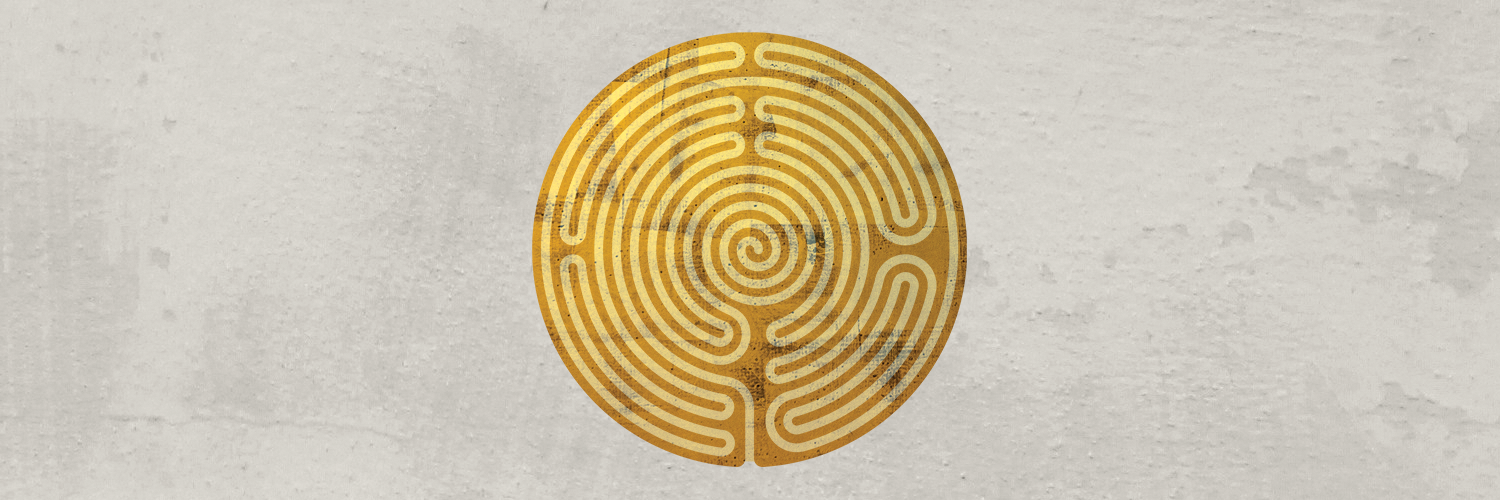1-800-366-3383
customerservice@chalicepress.com


Looking for a mental break? Miriam Diephouse-McMillan, author of Sacred Balance: How Ancient Practices Can Restore Modern Minds, shares her book's a-ha moment, what she hopes you'll take away from reading the book, and some of the wisdom she's picked up in her work in mental health and faith.
Do you have a moment when you realized “this needs to be a book?” I was brainstorming for an adult education series I agreed to lead as part of my church’s Mental Health Task Force. I’ve always been drawn to contemplative practices and wanted to help people see the benefits these forms of prayer can have for our overall well-being. My plans for the series evolved into a weekly email with background info and guided practices. I realized there was a lot more I wanted to share, and the feedback from that early group affirmed that people were hungry for such deeply rooted spiritual practices. It took a few more years, but that’s essentially how Sacred Balance was born!
What do you hope readers will take away from your book? I hope people will see that spiritual practices don’t have to be stiff and formal. There’s certainly wisdom in the ancient formats that were passed down to us, but we’re free to adapt them to our individual needs. Engaging your faith with intention is more important than “doing it right.” It’s most effective to find practices that fit into your life and feel personally meaningful. That way you’re motivated to keep going and are more likely to stick with it over time.
 What makes this book relevant today and different from other books on the subject? Mental health has been a hot topic for several years now, but there’s not always a lot of practical guidance beyond “seek professional help.” That message is a crucial one, but it overshadows more nuanced conversation about how we find hope and meaning. Luckily, spiritual traditions have been exploring these questions for a very long time. The mental health field is starting to warm up to the idea that spirituality can be a positive resource, but there’s still a significant disconnect between religion and psychology. Sacred Balance connects the dots in a very practical way with guided practices that have deep roots and proven benefits.
What makes this book relevant today and different from other books on the subject? Mental health has been a hot topic for several years now, but there’s not always a lot of practical guidance beyond “seek professional help.” That message is a crucial one, but it overshadows more nuanced conversation about how we find hope and meaning. Luckily, spiritual traditions have been exploring these questions for a very long time. The mental health field is starting to warm up to the idea that spirituality can be a positive resource, but there’s still a significant disconnect between religion and psychology. Sacred Balance connects the dots in a very practical way with guided practices that have deep roots and proven benefits.
What’s your proudest achievement? My two amazing children are hands down the best thing I’ve contributed to the world. I love watching them learn and grow, and I’m filled with gratitude that I get to witness it. Every day they impress me with their compassion, curiosity, and creativity. I can only imagine all the great ways they’ll change the world someday.
When do you feel the most courageous? It’s common wisdom that courage is not the absence of fear but the choice to keep going in spite of it. As someone who struggles with anxiety, I feel most courageous when I recognize my own fear and choose not to let it be in charge. I find growth and meaning in the process of choosing to engage with my fear. Some of the most important developments in my life, like becoming a chaplain, having children, and writing a book, seemed absolutely terrifying at the time. Faith and courage allowed me to keep going and live into my sense of calling.
What’s the best piece of feedback you’ve ever received? At a time of discernment in my life, someone very wise asked me “Are the things you’re most worried about areas in which you’d like to grow?” That reframing of my anxiety as an opportunity for growth completely changed my perspective. It gave me a path out of the endless cycle of “what if” thoughts that were keeping me stuck in indecision. I come back to that question every time I have a significant decision to make.